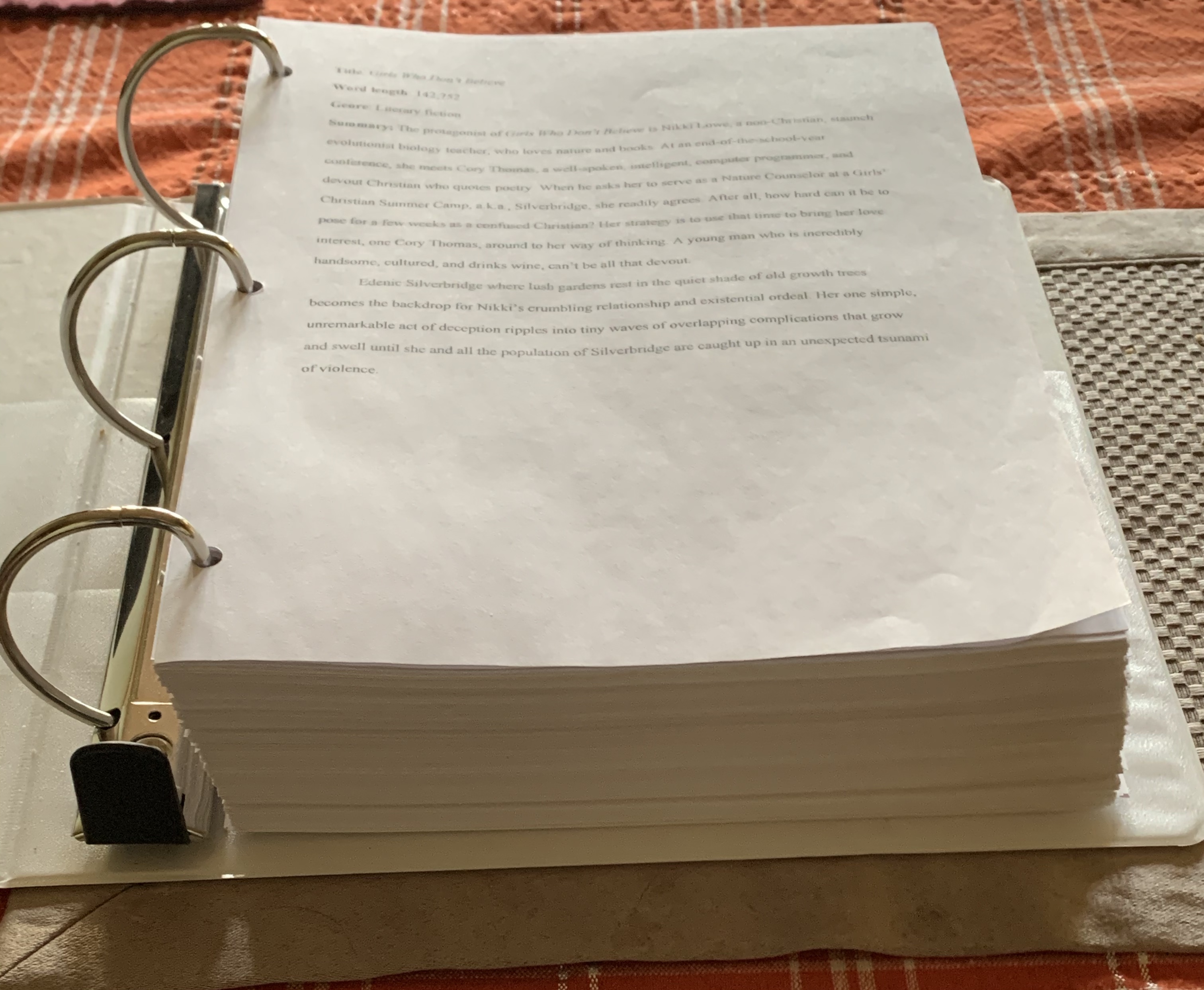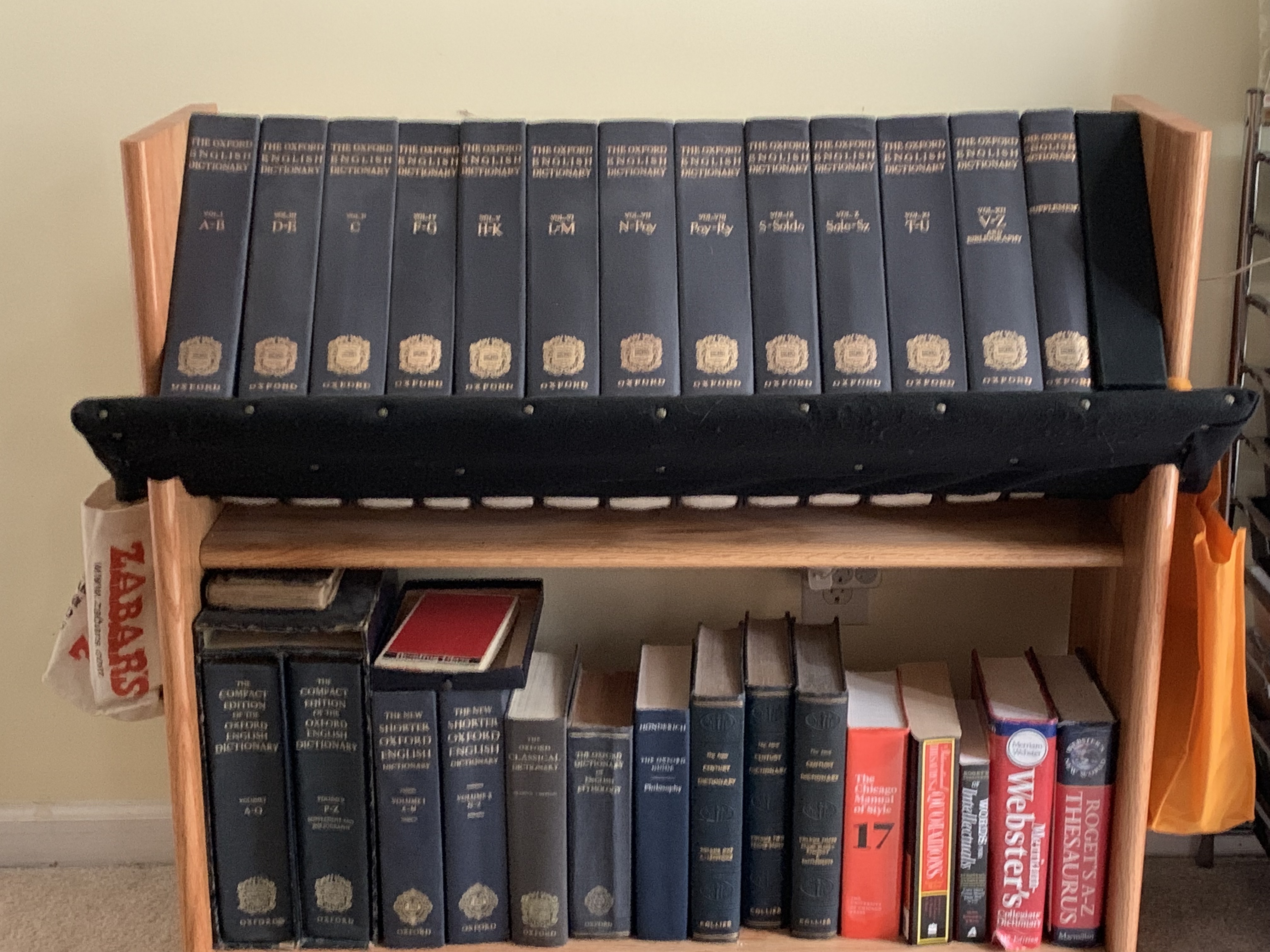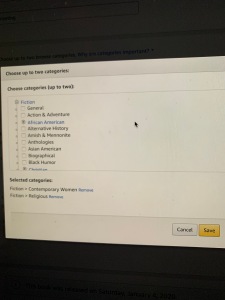
Getting my first novel online was easier than I thought it might be, but there was one particular moment that gave me pause—choosing two categories for my novel. Amazon supplies the list from which one chooses only two categories from the Main genre type of the novel, in my case: Fiction. There are eight sub-genres beneath fiction, none of which applied to me, e.g., African American, Christian, Fantasy, Mystery Detective, Sci Fi, etc.
The first descriptive category I checked was Contemporary Women. That was easy enough, but the second category was more elusive. Some other choices were Gothic, Historic, Horror, Lesbian, Literary, Magical Realism, Religious, and Satire.
I wavered between Literary and Religious. Girls Who Don’t Believe is not a Christian novel. It definitely doesn’t push a Christian agenda. I paused. Maybe I should check Literary? I went back and forth and finally, as you see in the pic above, checked Religious. Maybe that was a mistake. I don’t know, but here’s why I did.
While my novel isn’t a “religious” novel, as in promoting Christianity, it does have much to do with the downside of faith-based belief, such as:
- a resistance toward reading texts other than the Bible and Christian related works;
- an objection toward imaginative literature: Sci Fi, fantasy, horror, etc.;
- a sustained and promoted aversion toward the other;
- a sustained and promoted disdain for the earth and its non-human life forms;
- a fostered belief that mediation, cooperation and/or negotiation are suspect actions and can lead to moral depravity;
- a sustained resistance to any historical fact reaching beyond the constraints of the belief;
- a sustained resistance to any scientific achievement that challenges institutional precepts;
- a persistent desire to control the image, the dress, and the function of the female body; and
- a deep belief that posits the female mind as naturally secondary to the mind of the male.
To make all of this clearer, here’s a short scene from the novel that reflects some of the above issues.
Background: Protagonist, Nikki Lowe, a biology teacher and evolutionist becomes romantically involved with Cory Thomas, a Christian fundamentalist. She is unaware of the depth of his fundamentalism, and he is unaware that she is a non-believer. He asks her to serve as Nature Counselor for three weeks at a Girls’ Christian summer camp. He is the Director. She agrees because she envisions three weeks of sensual bliss with the man of her dreams.
Scene: Nikki, as Nature Counselor, takes a group of girls on a nature hike. One of the girls, Joy, has been moody, negative, and resistant the whole time. A thunderstorm comes up, and the girls run to an empty barn for shelter. Once in the barn, Joy separates herself from the group and retreats into a stall to pray. Noting that Joy is not with the other girls, Nikki leaves her assistant, Camille, at the front of the barn to check on Joy.
***
She found Joy in a stall midway down the breezeway, sitting on a crate in a bare corner. Thin lines of light slanted across the floor.
“Joy?”
The girl lifted one hand to signal silence; then, she raised her head. “Oh, hey.”
“You’re all right?”
“Sometimes, I feel the need to pray. I have to get away from—everything.”
“Mind if I join you?”
“You want to pray?”
“I want to talk.” Nikki hunkered down to Joy’s level.
“Oh, well, sure, I guess.”
“Joy, I have no problem with your being in the Nature Group, but I can’t help but wonder why you signed on. You’ve made it obvious that you don’t care for hiking.”
“I’m actually not an outdoors person. I mean, I’m just not.”
“Well, that’s my point. Why did you choose this group? If you don’t…”
“Nobody wants to believe that God created the earth. I want to prove them wrong. Cory said he’d help me.” She sat slightly bent with her arms crossed. “Cory told me that if I joined this group, I could use the knowledge to show how God created everything that God put us here as carin—care—?” she looked up towards the ceiling.
“Caretakers?” Nikki suggested.
“Caretakers,” Joy said. “We were the last created. We take care of everything else, and God takes care of us. Cory told me that.”
“Okay.” Nikki wasn’t sure how to respond. She knew she didn’t want to talk about Cory with an intractable girl in a horse stall.
“Cory’s so awesome.” Joy lowered her voice. “You know he once met Donald Trump.”
“Whoa!” Nikki raised her hands in mock horror. “We won’t hold that against him.”
“You’re a Democrat?”
The question took Nikki by surprise, and even more surprising was the positive expression on Joy’s face. Was this Joy’s subversive side? “Well, let’s just say, I believe in moderation, toward all things.”
“You believe in abortion?” Joy stared at her through narrowed eyes.
“No, Joy, I do not believe in abortion.” Nikki paused. Joy’s expression was that of a fox when it catches the rabbit.
“Then what?”
“I believe that you and I, as women, should live in a world where a girl’s sexuality is not the sole measure of her worth. Instead of focusing on an after-effect, I consider a world where girls are smart enough, Joy, not to experience unwanted or unnecessary pregnancy in the first place. And by smart, I don’t mean that you make straight As in math. I mean that meaningful and positive activity fills your life, creating the person you can become. It goes the same for boys. If respect and compassion guide our lives and relationships, then things like rape, sexual ignorance, and abortion, which are all avoidable, would cease to be. We create our culture, and that, in turn, defines us. It’s circular.”
“Cory says we’re all born into sin and depravity.”
“And what do you say?”
“Me? I don’t say anything. That’s why we have preachers. Don’t you go to church?”
“I go when I can,” Nikki shot back. She didn’t want to get into an accusation war with Joy. “Let me say this: if you want…if your goal is to prove that God created the earth, then fine. Let that be your goal. But you must go about it with discipline and an absolute desire to learn everything you can from people who know.”
“Such as?”
“Such as scientists—biologists, botanists, chemists, geologists.”
“But not preachers, men of God?”
“They know theology.” Nikki was getting tired of Joy’s baiting game. “If you want to understand and study how the earth came into being…”
“I know that already. God created the earth in seven days. You don’t believe that?”
“I tell you what. Why don’t we make that our topic for our next discussion group? I want to hear more about what you have to say.” Nikki raised herself. Her legs ached. “Is that okay with you? Would you like that?”
“I’d love it. Thank you.” Joy beamed. She looked about the dark stall. “Maybe Jesus was born in something like this, hm?”
Nikki acquiesced with a nod. “Maybe so.” She pushed the half door open. “You want to join us, or would you rather have more time for yourself?”
“I’ll be out in a minute.”
“We’re right out here.” Nikki backed out into the breezeway.
Camille was still sitting in the doorway, her back to the girls. A thin rain was falling.
***
I hope you enjoyed that scene! Why this scene? Joy is twenty years old. She’s a non-college graduate who lives with her single-parent mother, Betsy, who is also a counselor at the same camp. Joy suspects, as it turns out, rightly so, that Nikki is not Christian. In the above scene, we see Joy’s attempt to trick Nikki into admitting that she isn’t a believer. Nikki manages to side-step each indirect accusation, but for Joy, the side-stepping is nothing more than proof of Nikki’s deception.
Eventually, Nikki will wrestle with her own human frailty and vow to correct it, that is to say, she’ll stop being deceptive regarding her stance as a secular humanist. Joy never wrestles with her Christian belief because she is convinced, uncompromisingly so, that she’s right.
So, did I do the right thing by choosing religious as a category? Did the “stall scene” make sense?
I’m interested in your thoughts.
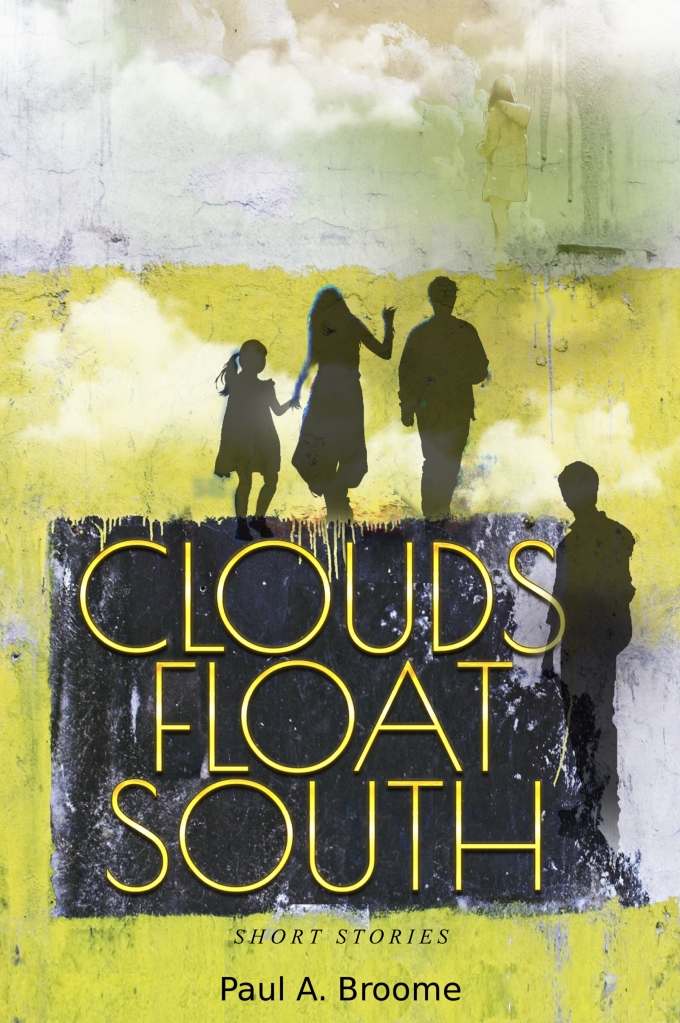

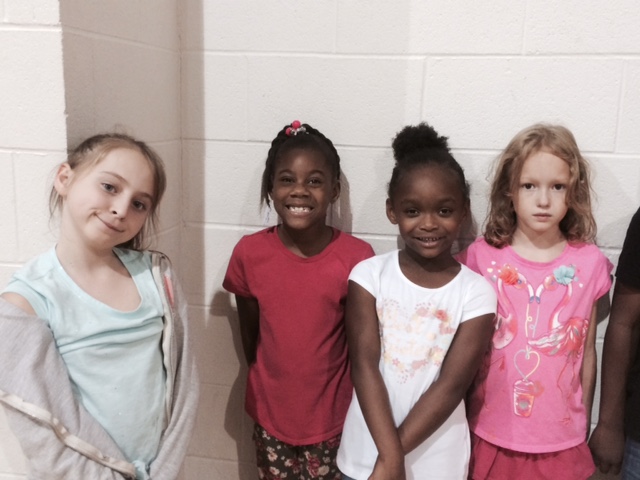

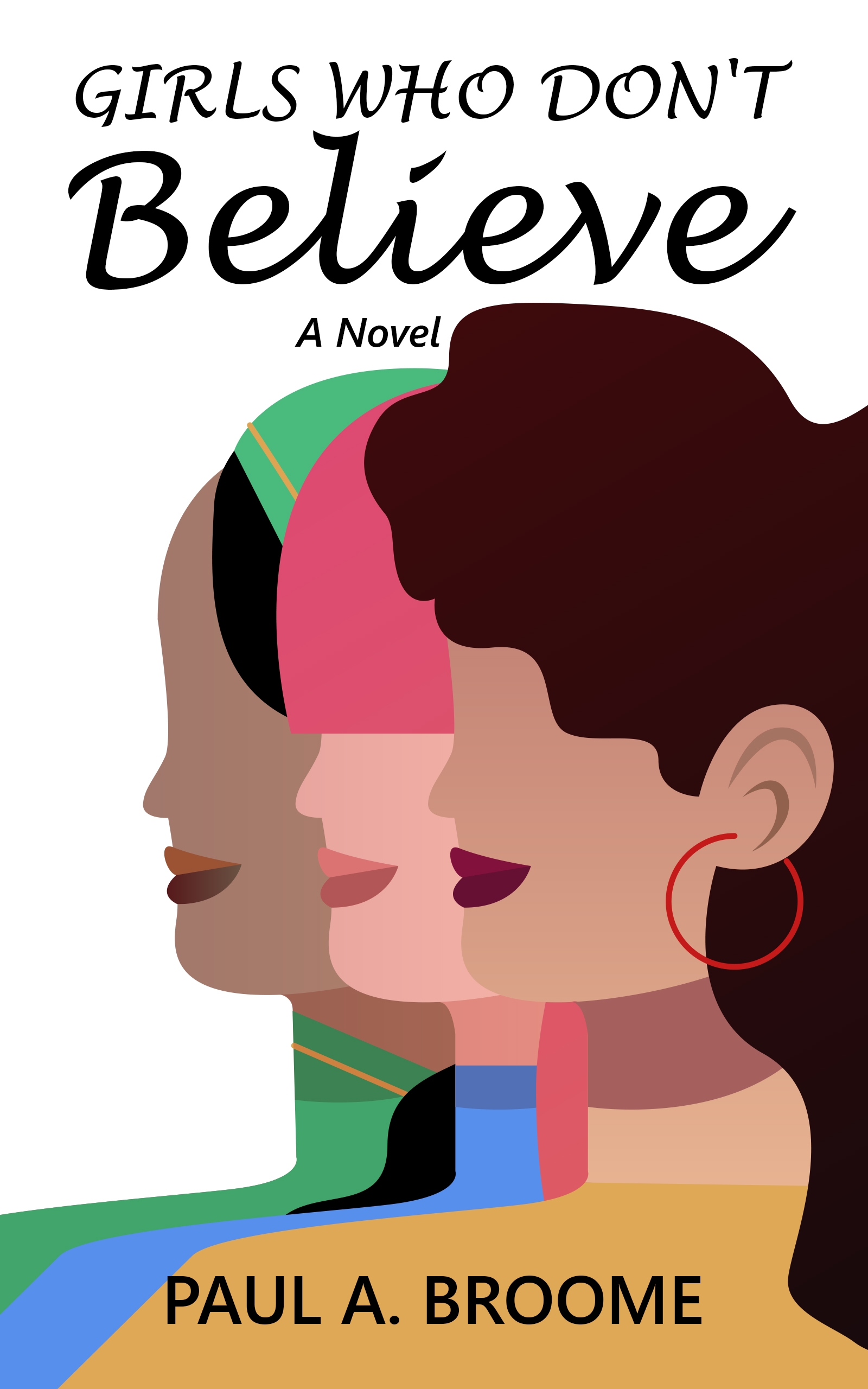
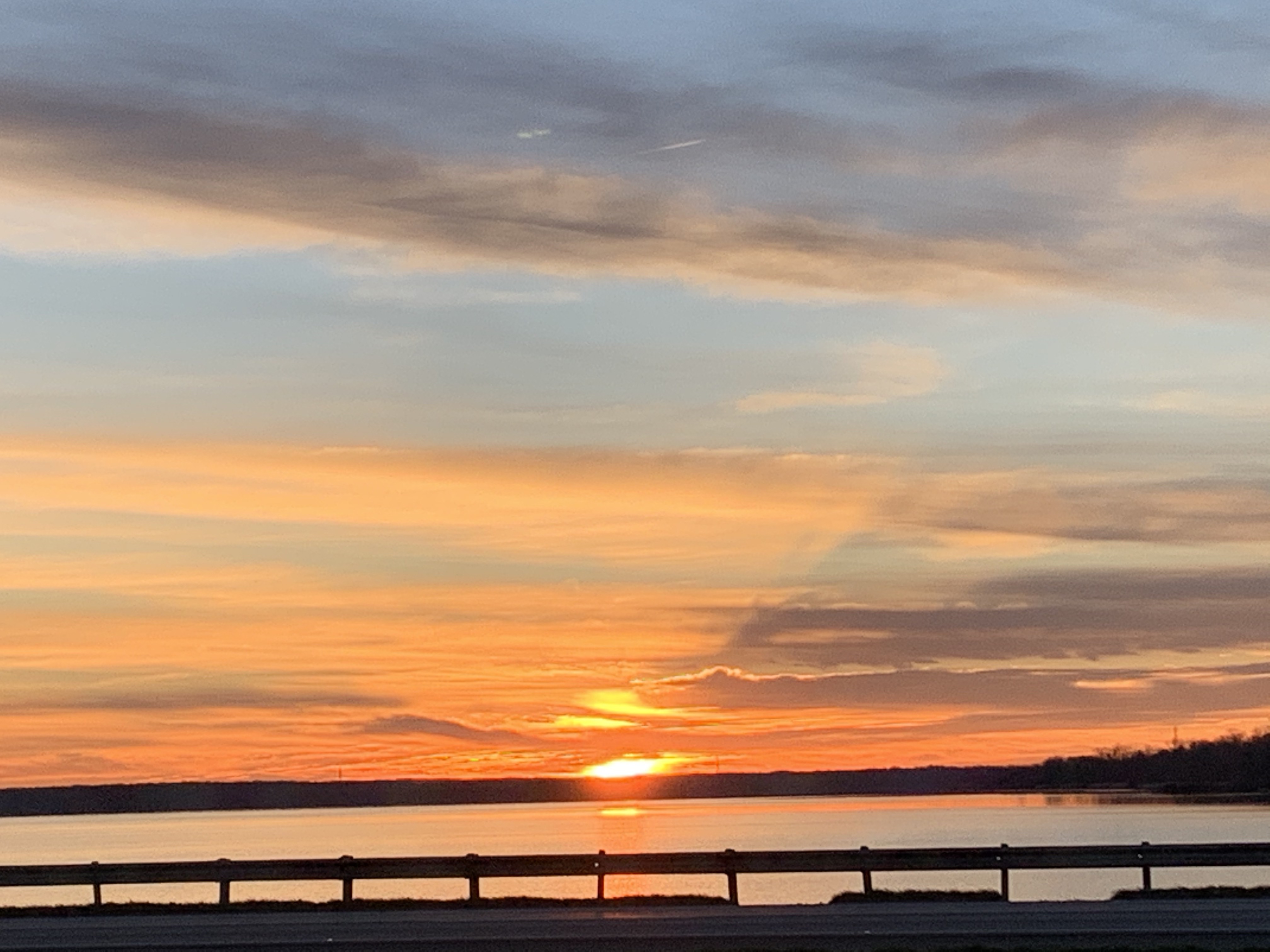
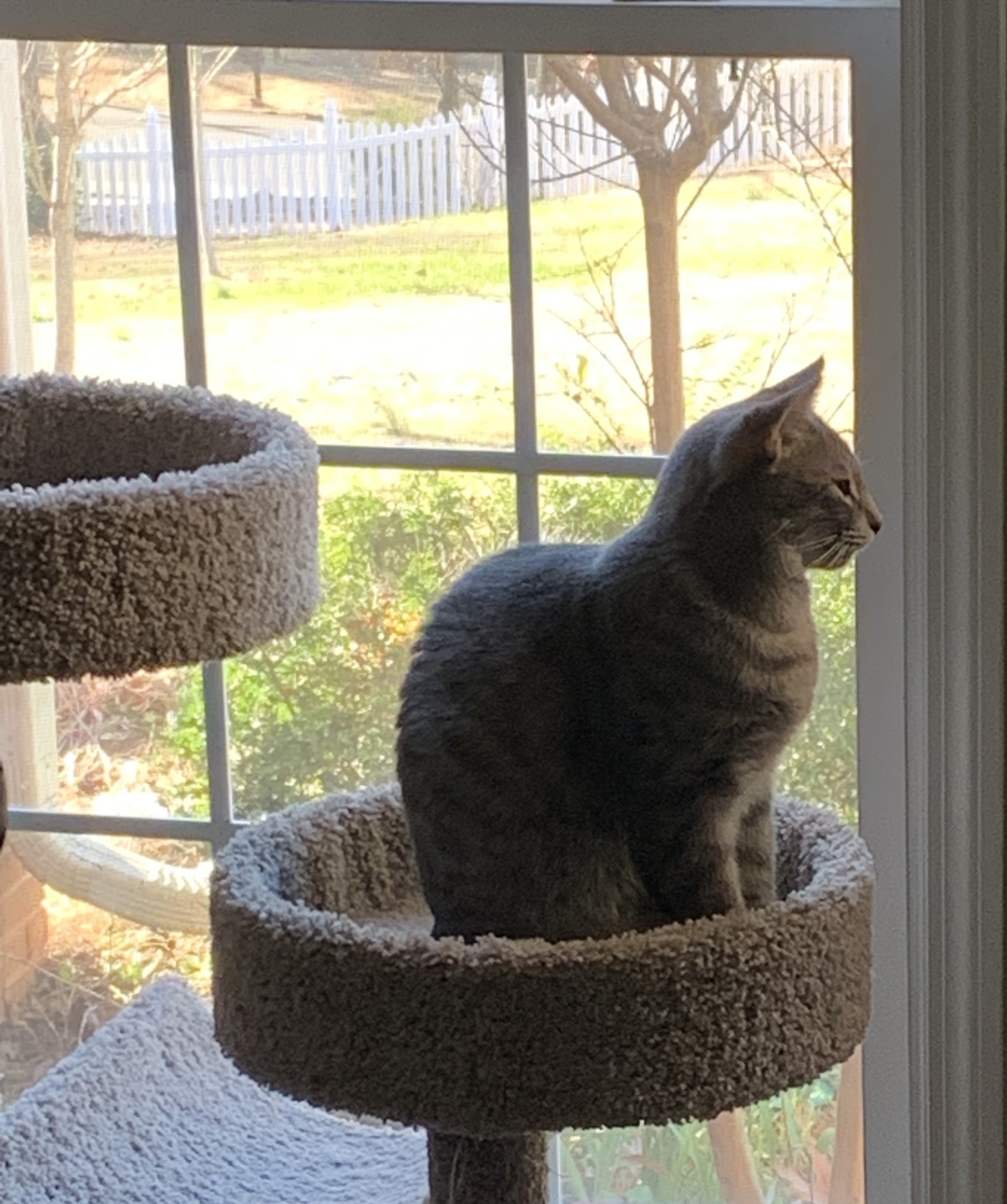 Tora, our cat
Tora, our cat